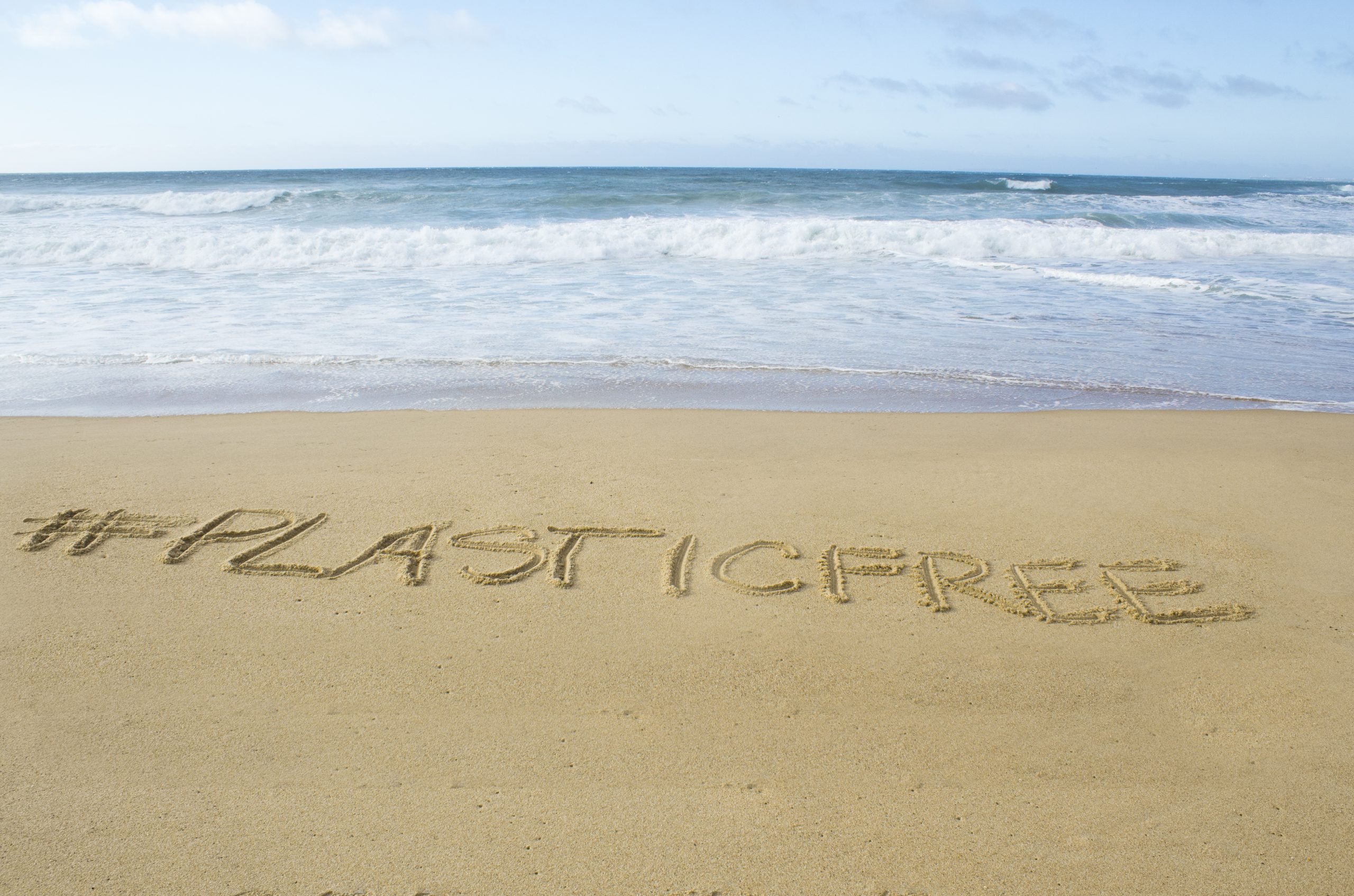Tips to help your business adopt a sustainable mindset
Around the world, the movement to reduce plastic production is gaining momentum. Initiatives like Plastic Free July encourage people to refuse single use and take action to end the world’s dependence on plastic.
But this problem isn’t a simple one to fix.
Our overconsumption of plastic stems from systemic problems and continues because of the ease and availability of single use products. There are also issues with end-of-life planning for plastic, as without proactive sorting and recycling functions, most plastic items will end up in landfill or the ocean.
It’s time for corporations and small businesses to step up with change policies that promote environmental and social responsibility. Minimising an ecological footprint requires forward-thinking processes, reducing the reliance on plastics and switching to reusable and compostable options whenever possible.
Many retailers are now investigating ways to reduce the amount of single use plastic their business consumes. Some are pushing the envelope even further by trialling reusable, refillable or zero packaging options. Embarking on a low waste philosophy should be holistic, starting with suppliers and flowing all the way through to the point of customer purchase and beyond.
Seek out suppliers that operate sustainably
An easy place to start is to demand sustainable packaging materials from suppliers.
By providing eco-conscious packaging guidelines, businesses can inform current suppliers that a reduction in plastic packaging is of primary importance, and a key factor in decision making when maintaining supplier relationships.
No matter the size of your business, you have the power to influence others in your immediate supply chain to move towards sustainable methods. This may include:
- Using recyclable or recycled materials
- Removing unnecessary packaging from shipments
- Reusing delivery cartons for more than one order
Minimise packaging passed on to customers
After stemming the flow of ill-thought-out packaging from suppliers, focus next on the packaging options that are currently offered to customers with their purchase.
This may mean reviewing the current customer journey and pivoting toward a plastic-free or minimal waste shopping experience. This could involve:
- Swapping plastic shopping bags for a compostable or paper alternative
- Providing a carry bag only when requested by the customer
- Offering cardboard boxes instead of bags
- Encouraging customers to bring their own reusable bag (or providing one they can use again next time)
- Offering unpackaged products
- Suggesting customers leave any unwanted packaging in the store so it can be properly disposed of
- Testing refillable options for consumable products, where customers are encouraged to bring their own reusable containers into store when re-purchasing goods
These small changes go hand-in-hand with customer education on appropriate packaging disposal methods.
Avoid the ‘easy option’ in e-commerce
Minimising the use of plastic packaging in e-commerce orders has been a particular challenge during the COVID-19 pandemic.
While minimal waste processes may be ingrained in a bricks and mortar store, when it comes to e-commerce, many retailers revert to the easier (and often cheaper) option of plastic parcels, food containers and single-use cutlery.
Reduce plastic waste in online orders by:
- Switching to compostable mail satchel bags to safely ship and contain orders
- Reducing the amount of needless protective plastic in each order
- Optimising the box size to best fit the item
- Sending receipts electronically instead of in printed form
When businesses target plastic reduction goals at all touchpoints, it’s possible to quickly phase out problematic and unnecessary single use items and instil a more sustainable, long-term process.




